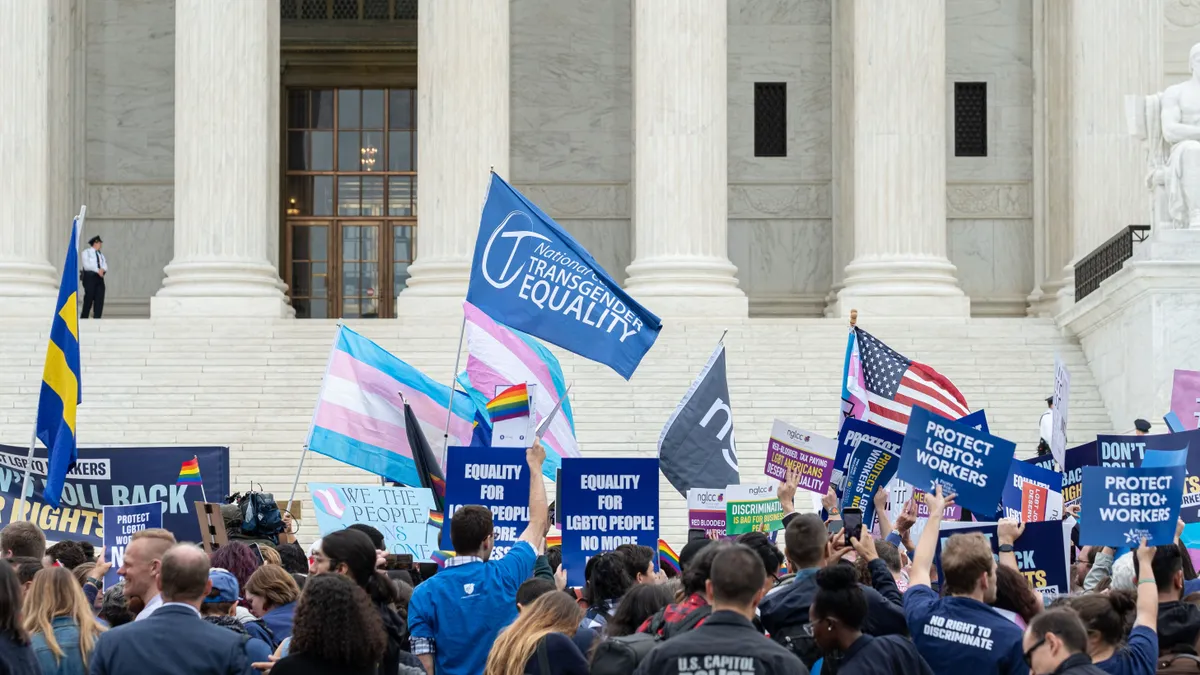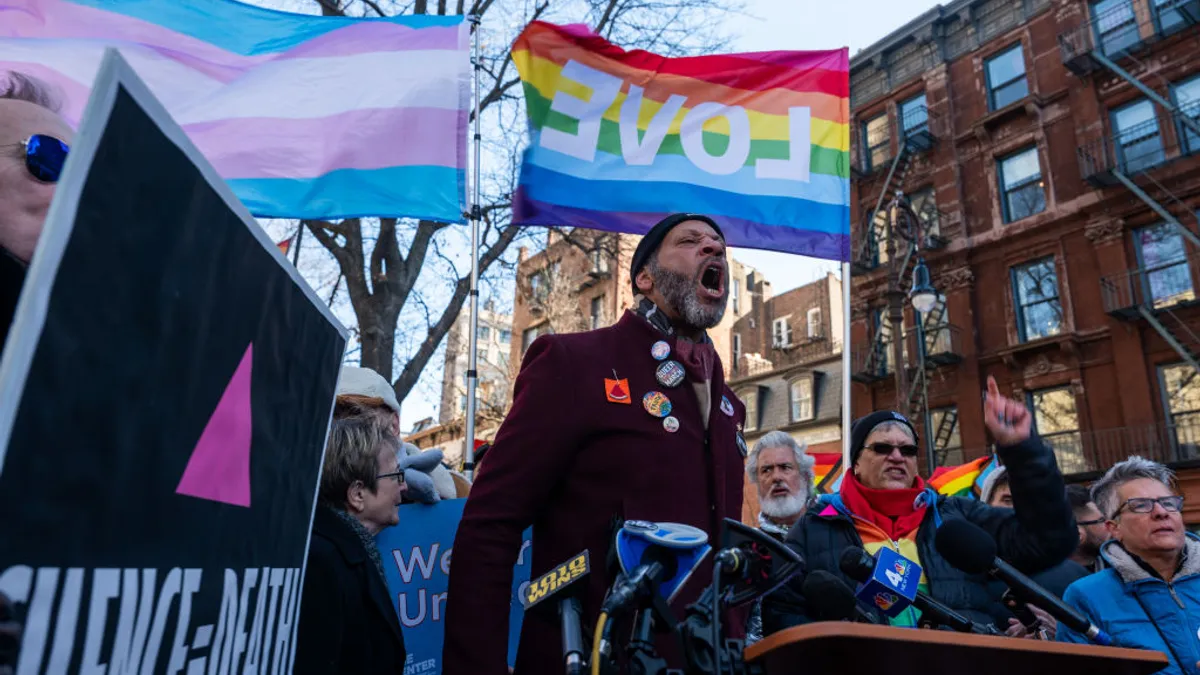Scott Cawood is CEO of WorldatWork. Views are the author's own.
The history of 2020 now includes the re-emergence of the social justice movement sparked by the deaths of George Floyd and Breonna Taylor. These deaths weren't just catalysts for change. They spoke to people on a personal level causing a wave of emotions that called out for them to speak up and explore new solutions to an age-old problem: systemic racism.
Two recent high-level policy moves in California signal broader changes throughout the United States.
One is the State of California's recent mandate that public companies appoint at least one member of an underrepresented racial, ethnic or sexual and gender group to their boards by 2021. By 2022, California-based public companies need to appoint two or three such members from traditionally disenfranchised groups, depending on the size of the board.
Weeks earlier, the Academy Awards issued new standards for movies to be eligible for the prestigious "Best Picture" category. By 2024, studios need to prove specific numbers of LGBTQ and BIPOC people are working on both sides of the camera.
A statement from the Academy went beyond diversity to encompass a notion of equity: "The standards are designed to encourage equitable representation on and off screen in order to better reflect the diversity of the movie-going audience."
If equity starts at the top levels of public companies and movie sets, then the movement toward workplaces that are both equal and equitable has arrived. There is an important distinction between the two ideals.
Equality, as evidenced by the U.S. Equal Employment Opportunity Commission, broadly mandates that no discriminatory practices be held based on one's race, color, sex, sexuality and religion. Equity, though, is different. It is not a "one size fits all approach." Equity considers the inequality of opportunities that underrepresented groups have faced and works to remedy the situation by various solutions that hopefully consider all the relevant factors.
Not everyone starts at the same place, so job requirements and workplace policies need to be implemented with some degree of understanding that they generally, but not always, work for everyone. More than ever, as the world and the workplace grapple with the effects of COVID-19, leaders must lead with equality in mind and equity in their behavior.
There's a learning curve because many people think equity and equality mean the same thing. Almost anyone will tell you they support "equality." The same thing goes for "equity." Ask someone if people should be treated differently, especially at work, and you may find yourself debating favoritism and reverse discrimination.
At its core, equity strives to level the playing field by acknowledging that we may need to treat people differently based on their own set of circumstances. The truth is that someone's identity as a member of an underrepresented group (race, social class, gender, religion and sexual orientation), impacts education, job opportunities, development, mentoring and career advancement.
If we approach issues from an equality perspective only, we are likely to conclude that everyone should get the same thing. Yet, when we view the system as one of equity, we can appreciate that different life circumstances and backgrounds do not offer equal chances for success.
An opportunity to help
In the workplace, equitable outcomes should be the goal in how people are hired, trained, promoted, empowered and heard.
It is a continual process. COVID-19 has created a host of new workplace inequities. A recent study from Perceptyx shows that the pandemic has disproportionately affected women in the workplace through, among other things, productivity decline with kids at home and less understanding and flexibility from their managers at work.
According to a September 2020 report by McKinsey, "Women — especially women of color — are more likely to have been laid off or furloughed during the COVID-19 crisis, stalling their careers and jeopardizing their financial security."
These studies back up a recent survey from WorldatWork which found that 21% of participating organizations have had employees leave their organization so that they can focus on their family's needs. This is not surprising when this same survey shows that while most organizations are making flexible work for parents a priority, 20% of respondents are not taking any action to assist their employees with their new set of circumstances.
As the pandemic creates a different set of implications for women, people of color, older workers, those with children and those with existing health conditions, leaders have the opportunity to create programs that help some more than others without sacrificing the elements of fairness.
It may seem like there's a broad gulf between those privileged enough to serve on corporate boards and appear in Oscar-caliber movies and average workers trying to deal with an unforeseen pandemic, but the notion of equity applies at every level. If we can suspend the inherent need to create policies and programs to blanket cover all employees, which are mostly done out of convenience and worries over litigation, perhaps we can establish ways to truly meet people where they are so it helps them get where they are wanting to go. There is never a wrong time to do the right thing and too much focus on treating people the same misses the opportunity to achieve equality.



















